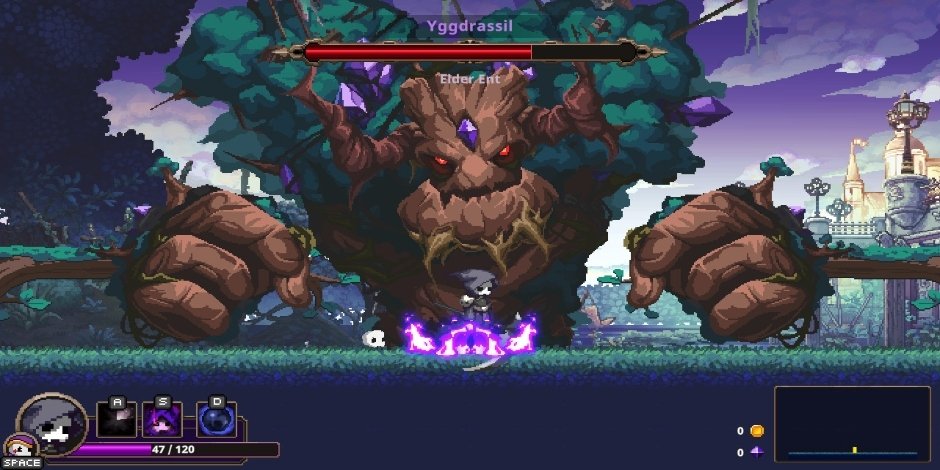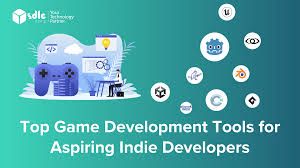
## **Crafting an Indie Roguelikes Article: Key Elements and Tips** **Introduction** * **Hook:** Start with a captivating anecdote, a surprising statistic, or a thought-provoking question about indie roguelikes. * **Thesis:** Clearly state the main point or purpose of your article. * **Overview:** Briefly outline the key topics you'll be discussing. **Body Paragraphs** * **Discuss the Unique Characteristics of Indie Roguelikes:** * Procedural generation * Permadeath * Emphasis on replayability and variety * Often experimental or unconventional * Strong focus on challenging gameplay * **Highlight Notable Indie Roguelikes:** * Profile successful indie roguelikes and their contributions * Discuss their unique qualities and impact * Showcase their most popular or critically acclaimed games * **Explore Different Subgenres of Indie Roguelikes:** * Dungeon crawlers * Action roguelikes * Deck-building roguelikes * Survival roguelikes * Roguelite roguelikes * **Address Challenges Faced by Indie Roguelike Developers:** * Balancing difficulty and accessibility * Creating engaging and diverse procedural generation * Marketing and distribution challenges * Competition with larger roguelike game studios **Conclusion** * **Recap Key Points:** Summarize the main arguments and ideas presented. * **Final Thoughts:** Offer your concluding thoughts or predictions about the future of indie roguelikes. * **Call to Action:** Encourage readers to support indie roguelike game developers, play indie roguelikes, or explore resources for aspiring indie game creators. **Additional Tips** * **Use Clear and Concise Language:** Avoid jargon and technical terms that might confuse readers. * **Include Relevant Images and Graphics:** Visuals can enhance your article and make it more engaging. * **Cite Your Sources:** If you're referencing specific games, developers, or statistics, provide proper citations. * **Proofread Carefully:** Ensure your article is free of errors and inconsistencies. **Possible Article Topics** * **The Rise of Indie Roguelikes:** Explore the history and evolution of indie roguelikes. * **Indie Roguelikes and Procedural Generation:** Discuss the role of procedural generation in creating replayable and diverse experiences. * **Unique Gameplay Mechanics in Indie Roguelikes:** Highlight innovative and experimental roguelike mechanics. * **Indie Roguelikes vs. AAA Roguelikes:** Compare and contrast indie roguelikes with larger-scale productions. * **The Future of Indie Roguelikes:** Speculate on emerging trends and possibilities for the genre. By following these guidelines, you can create a compelling and informative article about indie roguelikes that will engage your readers and contribute to the conversation surrounding this exciting genre. **Would you like me to help you brainstorm a specific topic or provide more details on any of these points?**
Introduction
- Hook: Start with a captivating anecdote, a surprising statistic, or a thought-provoking question about indie roguelikes.
- Thesis: Clearly state the main point or purpose of your article.
- Overview: Briefly outline the key topics you’ll be discussing.
Body Paragraphs
- Discuss the Unique Characteristics of Indie Roguelikes:
- Procedural generation
- Permadeath
- Emphasis on replayability and variety
- Often experimental or unconventional
- Strong focus on challenging gameplay
- Highlight Notable Indie Roguelikes:
- Profile successful indie roguelikes and their contributions
- Discuss their unique qualities and impact
- Showcase their most popular or critically acclaimed games
- Explore Different Subgenres of Indie Roguelikes:
- Dungeon crawlers
- Action roguelikes
- Deck-building roguelikes
- Survival roguelikes
- Roguelite roguelikes
- Address Challenges Faced by Indie Roguelike Developers:
- Balancing difficulty and accessibility
- Creating engaging and diverse procedural generation
- Marketing and distribution challenges
- Competition with larger roguelike game studios
Conclusion
- Recap Key Points: Summarize the main arguments and ideas presented.
- Final Thoughts: Offer your concluding thoughts or predictions about the future of indie roguelikes.
- Call to Action: Encourage readers to support indie roguelike game developers, play indie roguelikes, or explore resources for aspiring indie game creators.
Additional Tips
- Use Clear and Concise Language: Avoid jargon and technical terms that might confuse readers.
- Include Relevant Images and Graphics: Visuals can enhance your article and make it more engaging.
- Cite Your Sources: If you’re referencing specific games, developers, or statistics, provide proper citations.
- Proofread Carefully: Ensure your article is free of errors and inconsistencies.
Possible Article Topics
- The Rise of Indie Roguelikes: Explore the history and evolution of indie roguelikes.
- Indie Roguelikes and Procedural Generation: Discuss the role of procedural generation in creating replayable and diverse experiences.
- Unique Gameplay Mechanics in Indie Roguelikes: Highlight innovative and experimental roguelike mechanics.
- Indie Roguelikes vs. AAA Roguelikes: Compare and contrast indie roguelikes with larger-scale productions.
- The Future of Indie Roguelikes: Speculate on emerging trends and possibilities for the genre.
By following these guidelines, you can create a compelling and informative article about indie roguelikes that will engage your readers and contribute to the conversation surrounding this exciting genre.
Would you like me to help you brainstorm a specific topic or provide more details on any of these points?



